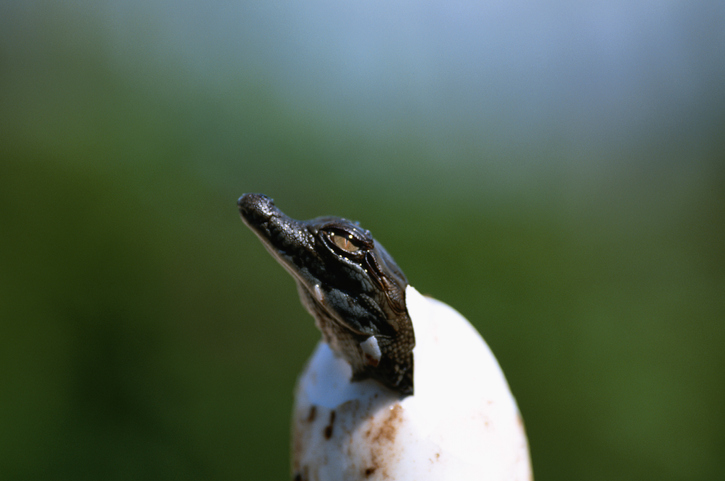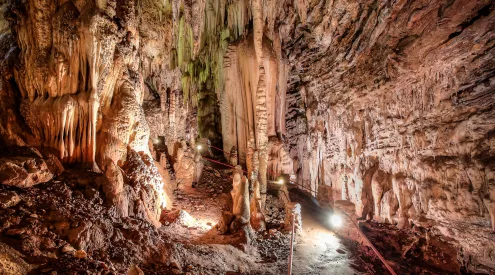A female crocodile that had been kept alone for 16 years in a reptile park in Costa Rica laid an egg with a foetus that was 99.9% genetically identical to herself, revealing that “virgin birth” is possible during birth.

Parthenogenesis, a form of asexual reproduction where embryos develop from unfertilised eggs, is known to occur in some snakes, lizards and birds.
The discovery of parthenogenesis with a crocodile suggests this phenomenon might be traced back to a shared ancestor with birds at least 267 million years ago.
‘The fact that the mechanism of parthenogenesis is the same in so many different species suggests that it is a very ancient trait that has been inherited throughout the ages,’ Dr Warren Booth at Virginia Tech in the US, who has been studying virgin births for 11 years, told the BBC. ‘So this supports the idea that dinosaurs could also reproduce this way.’
Dr Booth co-authored the study on this case of virgin birth, which was published in the scientific journal, Biology Letters. The authors suggest that even though the foetus was a stillbirth, it may be an adaptive response in low-density populations on the verge of extinction.
Follow us on social media for more travel news, inspiration, and guides. You can also tag us to be featured.
TikTok | Instagram | Facebook | Twitter
ALSO READ: Kruger captured















